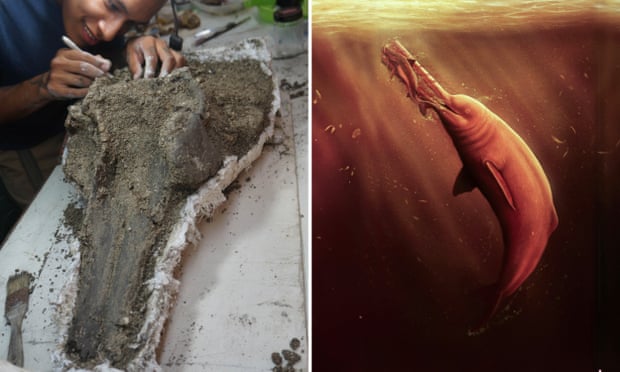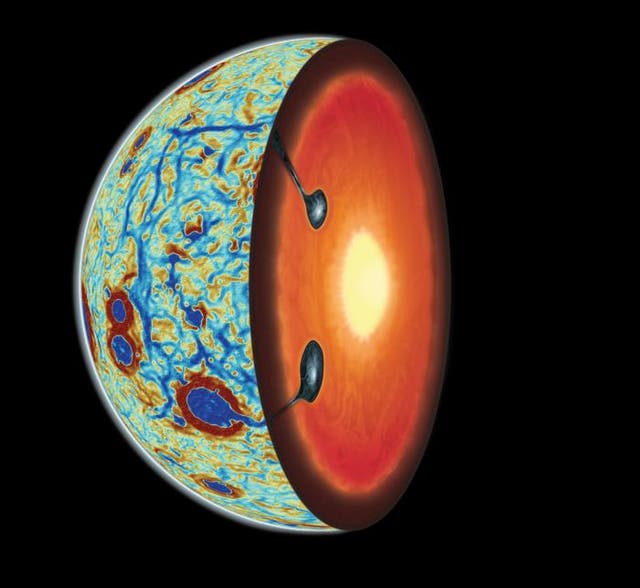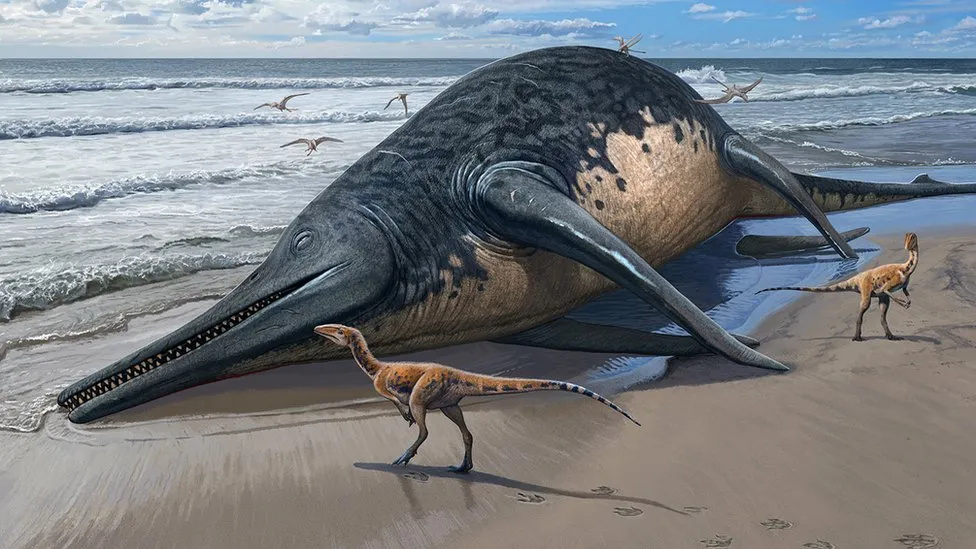by John Jansen, The Conversation
https://phys.org/news/2024-03-europeans ... years.html
During warm periods in Earth's history, known as interglacials, glaciers the size of continents pulled back to reveal new landscapes. These were new worlds for early humans to explore and exploit, and 1.4 million years ago this was Europe: a Terra nullius unoccupied by humans.
Long before it emerged as the epicenter of global colonialism, Europe was itself colonized for the first time by humans migrating from the east.
A new study, led by a team from the Czech Academy of Sciences and Aarhus University and published this week in Nature, reports the earliest human presence in Europe, at a site on the Tysa River in western Ukraine known as Korolevo.
Buried stone tools at Korolevo, Ukraine
We studied a layer of stone tools left on a river bed by the people who crafted them. These "core-and-flake" tools were made in the Oldowan style, the most primitive form of tool-making, first classified by the palaeoanthropologist Mary Leakey in east Africa. Similar tools have also been found at the oldest known sites of human occupation in Europe, the Levant, and Asia.




